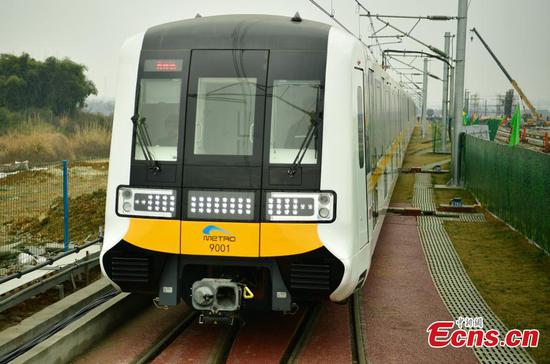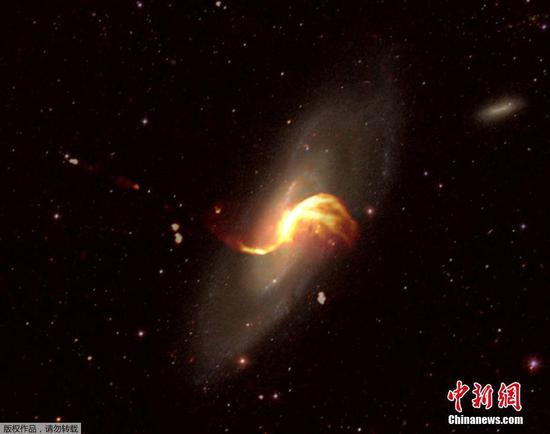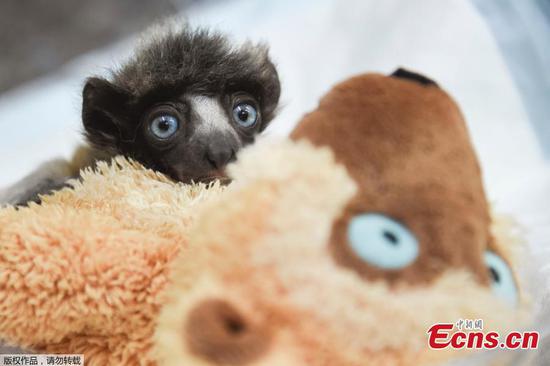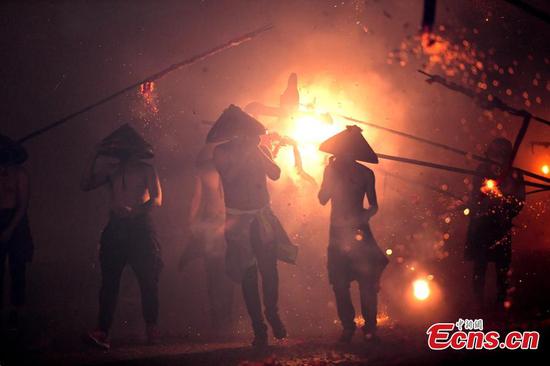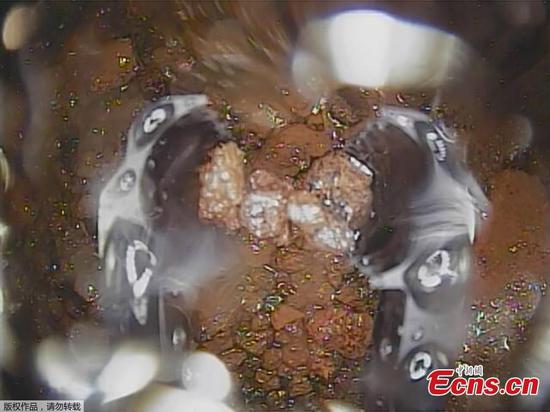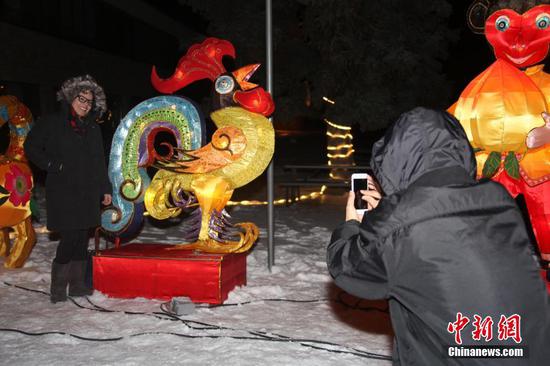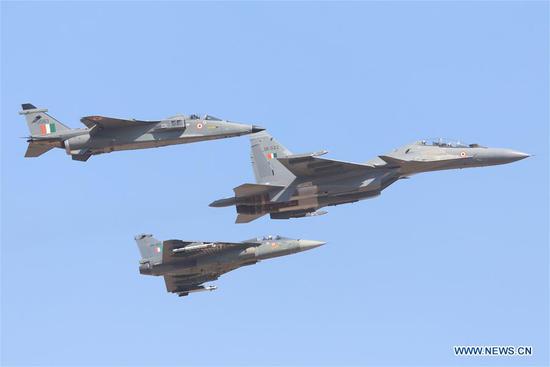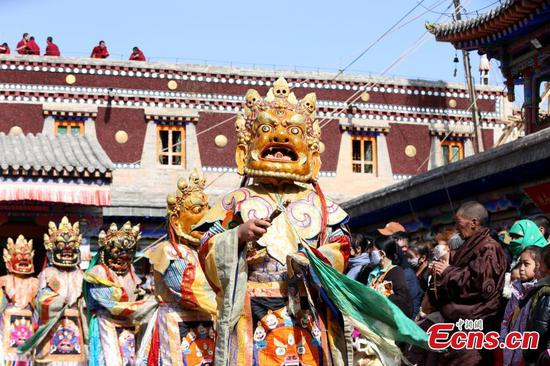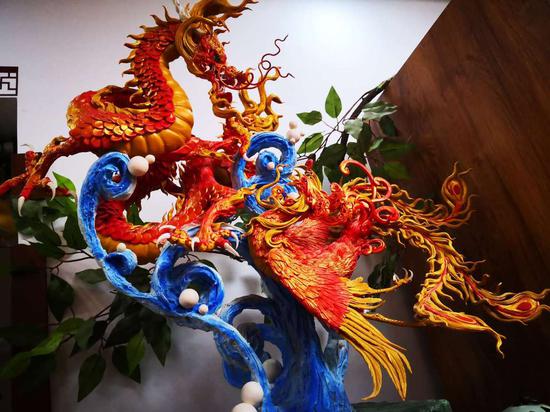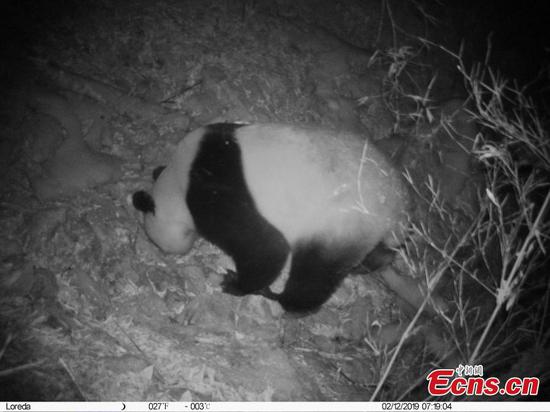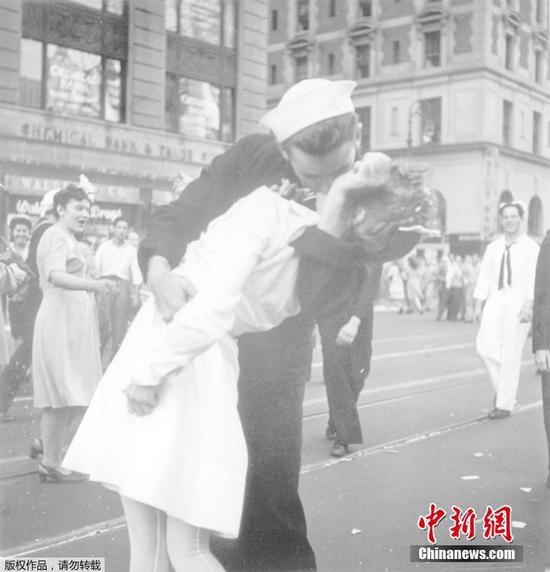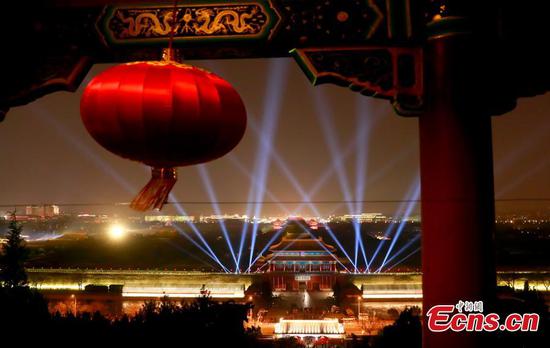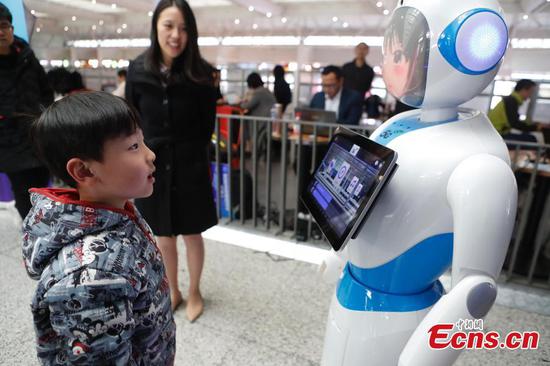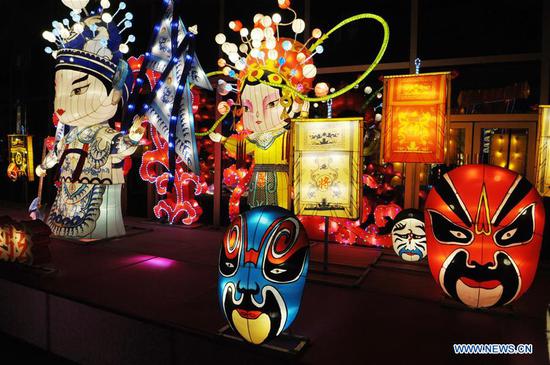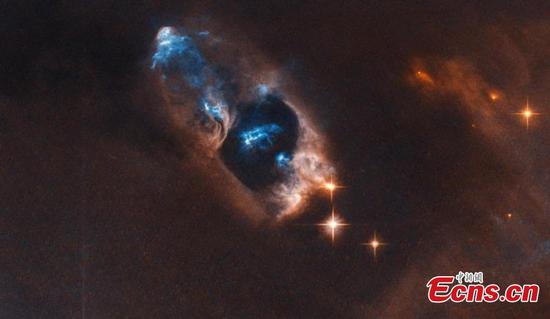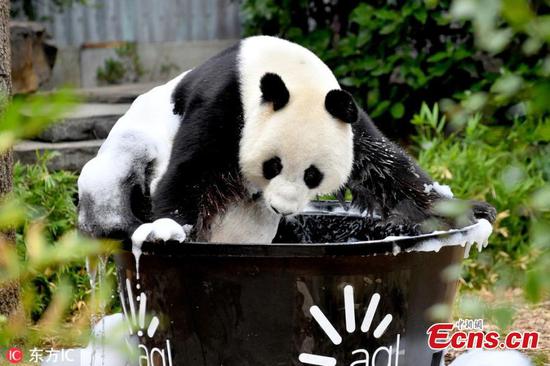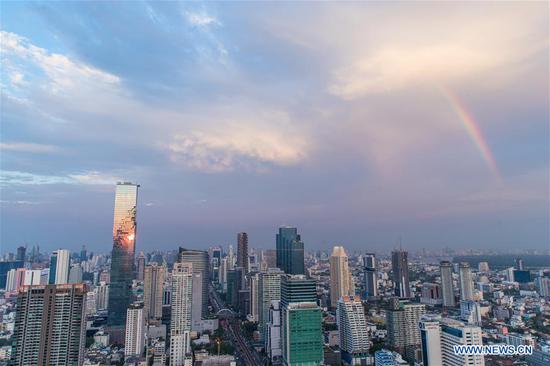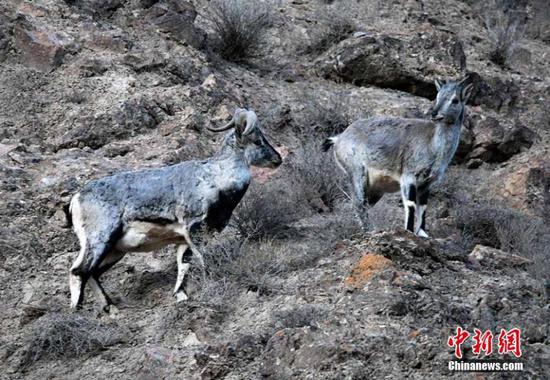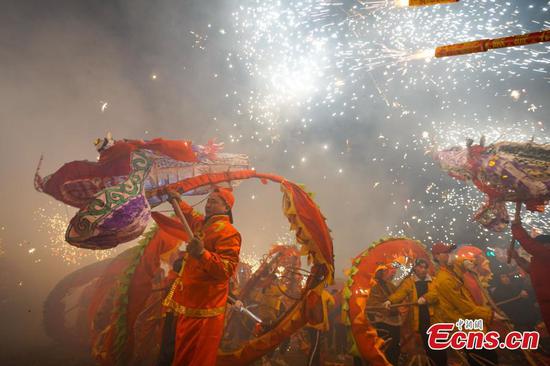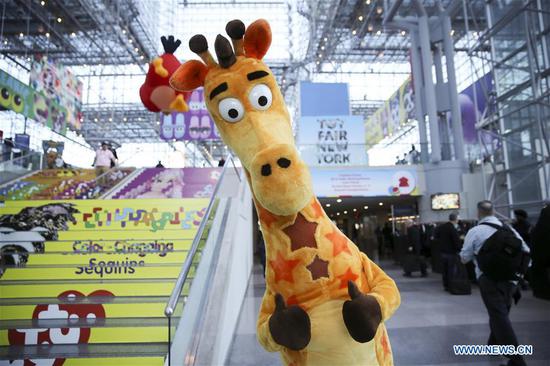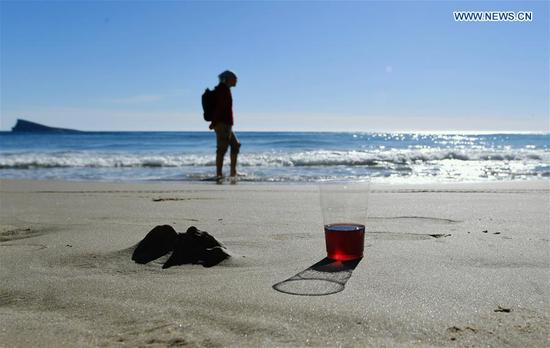
A customer looks at a bottle of Australian wine in the import commodity trade center in the Nantong Free Trade Zone in Jiangsu province. (Photo by Xu Congjun/For China Daily)
Experts say current figures dispel 2015 'scare campaign' claims about jobs
The signing of a historic free trade agreement between China and Australia in 2015, known as ChAFTA, once triggered an avalanche of criticism from the trade union movement, academics, politicians, commentators and think tanks, claiming the pact would seriously impact the Australian labor market.
Yet, two-way trade between Australia and China has been growing steadily since ChAFTA came into effect.
In 2017-18, bilateral trade was valued at A$195 billion ($138.9 billion), according to data from the Department of Foreign Affairs and Trade. Of that, A$123 billion were exports from Australia.
Since ChAFTA's enactment, the number of Chinese workers granted temporary work visas to enter Australia has fallen every year, according to the Department of Home Affairs data.
The number of visas granted to Chinese workers has also fallen as a proportion of the total granted to all foreign workers.
James Laurenceson, deputy director of the Australia China Relations Institute at the University of Technology Sydney, said the 2015"scare campaign" in Australia was not based on any facts and was designed to "sink the agreement before it had time to get off the ground".
"The accusations that thousands of Australian jobs would be lost as Chinese companies brought in their own workers were simply not true," he said.
Australia had already completed free trade agreements with its other major trading partners, but none had "attracted the ferocious" opposition ChAFTA did, the professor said.
"There was no panic about American workers, Thai workers or Japanese workers. But ChAFTA, it was claimed, would lead to a radical altering of the labor market and Australians would miss out on thousands of job opportunities to imported Chinese workers."
He said the "reality has proved to be very different".
Zhu Ying, director of the Australian Centre for Asian Business at the University of South Australia, said ChAFTA "has turned out to be of great benefit to both countries".
Some of the criticism of the agreement was "ideologically driven", he said. "None of the claims was based on fact or evidence."
"China certainly takes more from Australia than it exports to Australia," he said. "Just look at Australia's exports of agricultural products such as olive oil, honey, fruit, sea food, wine, cheese and meat. Australia can't produce enough to meet the demand in China.
"The FTA has not only increased the number of jobs in Australia but added to its revenue base. They are the facts."
Laurenceson said that the number of labor agreements in effect between Chinese companies and the Australian Department of Home Affairs, which could potentially facilitate Chinese workers temporarily entering Australia, is zero.
"These outcomes do not present a paradox. Rather, the facts of ChAFTA always pointed to some of the claims being alarmist," he said.









